|
‘The final frontier may be human relationships, one person to another.’ (Buzz Aldrin) I met recently with small groups of asylum seekers and refugees from the Middle East and Central Asia. All commented on how grateful they are for the practical help they have received from the host countries in which they have settled in Europe – housing, health, education etc. and money for food, lighting, heating, water, clothing etc. Without such basic necessities, they could not have survived. That said, their sense of isolation, so far away from home, family and friends etc, can be very painful to endure. Sometimes, having escaped persecution, conflict or war, they may feel anxious or reluctant to connect with people from their own countries of origin, in their host countries, because they may be from ‘the other side’. It’s hard to trust if trust has been absent, damaged or betrayed. I ask what they need, what they hope for, what would be life-giving, more than just bearable. Their answer is simple and clear: human relationship, friendship, laughter, to be listened to, to feel heard and understood. Sometimes they lack confidence to reach out. They may fear rejection, feel insecure about their limited local language or worry about a risk of cross-cultural misunderstandings. Host countries may risk focusing so much on strategy, policy and task that they lose sight of relationship. I’m inspired by Pete in the UK and Margitta in Germany. They are followers of Jesus. Whenever we encounter people who are asylum seekers or refugees, Pete and Margitta are welcomed with huge smiles. They see and treat people, warmly, as real people. Love is transformational.
16 Comments
'Language is a process of free creation.' (Noam Chomsky) A talented linguist and disciple of Noam Chomsky invited Jacob, a young German student, to reflect on which of two sample sentences in English was correct. Jacob was unsure about the exact meaning and structure of the phrases yet, gesturing with his hand to his chest, he then pointed thoughtfully at one and said, ‘I don’t know, but it feels like it’s this one.’ I was stunned. He was correct, and he didn’t know how or why. The teacher explained. Jacob has been exposed over time to English via e.g. social media, computer games etc. He somehow knows the answer; less analytically and more intuitively. I flashed back in my own memory to a time when, as a teenager, I was learning French at school. I had a hunch, an idea, that if I played French radio in the background in my room, I too would become tuned into the language even if I didn’t understand anything that was being said. Over time, I did start to distinguish one word from another, then to notice recurring words, then to become aware of the contexts in which certain words or phrases were used. I started to hear the accent, word stress and intonation. It wasn’t a conscious process so much as, like an infant child, a learning of language by immersion. This linguist then invited a wider group of students to play a fast-paced game that involves using lots of different words in English. They didn’t necessarily know or understand the words and the teacher, a speaker of five languages, didn’t translate them. I was puzzled by this and asked why. Pointing to Chomsky, she took me back to the same core principle I had discovered for myself as a teenager. The students don’t know the meaning of the words now, but when in future they hear them used in context, the words and meanings will connect. Immersion enables deep language-learning by intuition. ‘We build too many walls and not enough bridges.’ (Isaac Newton) Travelling 33 kilometres from Münchberg in former West Germany to Mödlareuth at the edge of the former East, yesterday, felt like travelling 33 years back in time. The first occasion on which I had visited the Deutsche Demokratische Republik (DDR) was shortly after the infamous Berlin wall came down, and before the subsequent German reunification that confined the now-defunkt DDR to the history books. I was struck, then, by how colourful it was in the East, in contrast to the documentaries we saw on TV where it was almost invariably depicted in shades of drab grey, black and white. The next thing that struck me was how naïve I had been to imagine the East was really like that. Unlike most state boundaries around the world, the DDR’s border with its ominous walls, fences, watch towers, searchlights, minefields and patrols with dogs and guns at that time were designed primarily to keep the DDR’s own citizens in, rather than – like a former US President’s vision of his own big wall – to keep other people out. According to the Netflix documentary ‘Merkel’ (2022), former German Bundeskanzlerin Angela Merkel’s upbringing in and experience of living behind the DDR’s stretch of the iron curtain had a significant psychological influence on her resistance to hard borders in and around the European Union. The past has a way of playing itself out in the present. The parts of the East that I visited this week looked remarkably similar to how they did all those years ago. The physical border is gone, except in those places where remnants have been preserved to retain a sense of history-as-real and to educate intrigued visitors and tourists. The ongoing cultural differences and economic disparities between West and East, however, continue to have a marked influence on German politics. The pale-painted houses still look now as they did as before, some like symbols of a distant, decaying past that lost and never quite managed to recover and regain their former glory. The new cold war, gaining in foreboding heat, carries a disturbing resonance. ‘Life is like the harp string. If it is strung too tight it won't play, if it is too loose it hangs. The tension that produces the beautiful sound lies in the middle.’ (Gautama Buddha) In World War 2, when faced with a critical decision on how to respond to the Nazi threat, one of Winston Churchill’s advisers argued forcefully that ‘organisation is the enemy of improvisation’. This wasn’t a diatribe against the power of organisation per se. It was, however, deeply rooted in a belief that the UK’s main chance of success would be to act in ways that would capitalise on its own agile cultural traits – and leave the highly-organised German war machine disorientated and defeated. I’ve noticed there are parallels in learning a second language too. Students are often taught in highly-organised ways – focusing on vocabulary, grammar, reading and writing. It can provide them with a useful foundation, yet can also leave them completely paralysed in free-flow conversation. I’ve concluded that, at least in this respect, ‘Accuracy is the enemy of fluency.’ Remove the expectation to get everything right, distract from fears of making a mistake, and the words will start to flow. That said, I need to beware of unhelpful polarisation. Early in my OD career, I worked alongside an experienced HR consultant, Chris Rowe, who introduced me to a tight-loose principle. I had argued instinctively that an organisation needed to let go of its highly-organised, stifling structures and processes to become more flexible, responsive and innovative. Chris challenged me: there is a time for tight and a time for loose – and wisdom in knowing which, where, when and for whom. ‘Diversity doesn’t look like anyone. It looks like everyone.’ (Karen Draper) An English guy from the UK in Germany… working alongside Mexican and Romanian English teachers to teach English to German students… whilst supporting a Liberian student to learn German… and alongside a German Mathematics teacher to introduce German students to Philippines language and culture... whilst supporting Iranian refugees with coaching. It’s an incredible privilege to be here. Every day brings new surprises. Today, I chatted with a German teacher… with an Arabic name... who sits quietly in the staff room yet spends her free time doing extreme caving and travelling to different countries around the world. I had another surprise when I shared some videos of Filipino jungle children, dancing, with two groups of German students. They spontaneously leapt up from their seats to join in. When I asked these students if any could speak another language, I was amazed by the range of their responses: Czech, Italian, Spanish, Greek, Russian, Turkish, Ukrainian. It reminded me of the power and potential of diversity, where young people see beyond national boundaries, see each other as individuals that transcend different languages and cultures, and are truly open to something, someone, new. ‘Poverty is a very complicated issue, but feeding a child isn’t.’ (Jeff Bridges) A little girl runs around excitedly while her parents wait patiently in a queue. She – I don’t know her name – pauses from time to time, crouches down and writes words or draws flags and hearts on the ground with blue and yellow chalks. She runs off again, full of energy and laughter, and her parents call to her to not stray too far. This is the opening of a new food bank hall in South Germany for asylum seekers, refugees and other people in need. I’m struck by the passion and organisation of the volunteers and by the generosity of 30+ shops that provide food weekly for some 200 families. Not stale food past its sell-by date. Freshly baked bread, vegetables etc. My tiny role, shifting empty food containers, gives me a chance to witness this event from the inside. The workers embody Jesus’ call to support and care for people who are poor and most vulnerable and it inspires me to see their love in action. The little girl skips across the car park now. Her parents look happy as they head off home. ‘No matter what happens, we always have a choice.’ (Napz Cherub Pellazo) ‘What are your options?’ is a good question in coaching, except when it isn’t. Many people come for coaching in the first place because they face an issue or a dilemma, and they can’t see a way forward. Sabine Dembkowski and Fiona Eldridge observed this phenomenon in their article, ‘Beyond GROW’ (2023): ‘Clients often experience a stuck state…where they feel trapped as if there are no alternatives or keep circling around the same issue without being able to generate new options.’ Against this backdrop, ‘What are your options?’ can be met with a bemused, ‘I don’t know. That’s why I’m here.’ An inexperienced coach may feel stuck too at this point and perhaps, hoping to find a way through, ask something along the lines of ‘What have you already tried?’ Again, this may elicit little more than feedback on what the client has already done and found to be ineffective (which the client knows already anyway), and bring both parties back to square one. An alternative, and potentially more useful, framing could be something like, ‘Given what you have tried already, what is the crux of the issue for you now?’ This may stimulate fresh insight and, in turn, raise new possibilities into awareness. A different approach can be to pose questions that aim to stretch the boundaries of the client’s current constructs and imagination, for example: ‘What would you do if you had a blank cheque?’ ‘What would you do if you felt no fear?’ ‘What could you do if you were not answerable to anyone?’ Claire Pedrick might invite a stuck client to generate a spectrum of options, from ‘Do nothing’ to whatever they would regard as a ‘Nuclear option’. Ian Gray deploys a fun and radical brainstorming technique, where every third option or idea must be ‘illegal, immoral or absolutely unworkable’. If a client still feels completely stuck, I may invite them to take a large, blank sheet of paper, draw themselves at the centre, then co-create radical options in the form of a mind map. In order to help minimise the risks of instinctive psychological and emotional resistance or push back from the client, I emphasise that the options simply represent possibilities, not what the client may want or consider right to do. Against each option, I then invite the client to respond to two questions: ‘If you were to do this, what would it make possible (or right)?’ and, ‘If you were to be do this, what would you need?' [See also: Out of the building; Worst possible idea] ‘The art of teaching is the art of assisting discovery.’ (Mark Van Doren) This looks and feels so very different to my own school days. It has been fascinating to explore the spirit and approach to working with students at a Montessori school in Germany over the past few weeks. Laura, an English language teacher from Romania, sets out a creative range of different activities in a classroom. The children look around and choose whichever activity appeals most to them. Every activity involves doing something physical, not just thinking. I’m struck by how the teacher chooses to offer only minimal explanation. Each student works at their own level and pace and problem-solves for themselves, or with others, if they get stuck. The teacher is available – if needed. Kathrin, a maths teacher, invites the students to sit in a circle and introduces me, briefly. She invites the students to practise English by asking me questions directly, questions to which the answer must be a number. They ask, ‘How tall are you?’, ‘How much do you weigh?’, ‘What’s your shoe size?’, ‘What did your trainers cost?’ etc. We notice that the measures I use in the UK are different to those they use in Germany. This sparks curiosity and the students work out how to convert the numbers I give them into those that are meaningful for them. The teacher writes each number on a large sheet of paper, then uses those numbers as the basis for introducing a maths method for that day. Melina, also an English language teacher, from Mexico, works with those students who find learning difficult. She uses a creative range of short, energetic, and fast-paced techniques that capture and hold their attention. Again, I’m struck by the use of physicality in the activities she facilitates. She adopts an evocative elicitation-based stance, stimulating the students to lead the activities, to play an active role and to work out the answers for themselves. (I noticed my own temptation to step in if they got stuck and, paradoxically, how often they didn’t need my help – if I simply allowed them time and space to resolve their own challenges). I'm a student among students and I feel inspired. ‘Where words fail, music speaks.’ (Hans Christian Andersen) Music, like all forms of art, can bypass the rational filters of our minds and express or transport a message, a mood, deep into our bodies and souls. Many of the earliest musical influences on my own life had a profoundly existential feel, including Pink Floyd’s Time and Supertramp’s Logical Song. These songs have continued to carry that same resonance throughout my life, reflecting and reinforcing a deep sense of restlessness, resistance and reaching. Others have had a more overtly spiritual influence, including Tim Rice’s and Andrew Lloyd Webber’s Jesus Christ Superstar and U2’s Under a Blood Red Sky. They lifted me out of myself, helped make sense of what I knew and felt intuitively and galvanised my stance of faith. Some gave voice to the deep angst and discordant dissonance I felt in my life and in the world, including David Bowie’s Scream Like a Baby and The Saints’ This Perfect Day. What music or songs have had the deepest resonance or impact in your life? ‘Start where you are. Use what you have. Do what you can.’ (Arthur Ashe) My first political act, with a capital P, was at the age of 14. I wrote to my MP (Member of Parliament) during the General Election that year to express my concern about the UK’s practice of retaining records that meant completed voting slips could be traced back to specific voters. It struck me as a profoundly anti-democratic practice, since a secret ballot was an important way of safeguarding freedom of political expression. My MP wrote back to explain that the practice was designed to track allegiance to extremist, anti-democratic far-right groups. That didn’t reassure me. Didn’t that mean we were adopting similarly anti-democratic practices too? He didn't respond. My next political act, this time with a small P, was to stand up in a Trade Union meeting, aged 19, in a packed town hall, and to challenge its politburo-style leadership. I was immediately shot down in flames by the enraged Union leader which, in spite of my trembling hands and voice as I spoke, simply confirmed my view that the Union had become thoroughly corrupt. It spurred me on to organise an organisation-wide petition aimed at reforming the Union by calling for a return to its political-ideological roots and values and to ensure greater fairness. I was confronted by apocalyptic warnings, by words like ‘you are playing with fire’, yet pressed on with the petition nonetheless. By age 22, my vision had turned international. I campaigned against the unspeakably violent actions of oppressive right-wing regimes in Central America that murdered the poor and vulnerable for daring to speak out. I was perplexed by the passivity or tacit collusion of those in power in the UK, US and beyond. Why weren’t we learning from history, from the sociopathic savagery of the Nazi regime through to the sick brutality of Vietnam? Why weren’t we more principled, more angry, more determined to stand up for what is right? I burned myself out with powerless passion. Yet learning to love would prove to be a harder challenge. The corruption I saw out there is also here in me. |
Nick WrightI'm a psychological coach, trainer and OD consultant. Curious to discover how can I help you? Get in touch! Like what you read? Simply enter your email address below to receive regular blog updates!
|
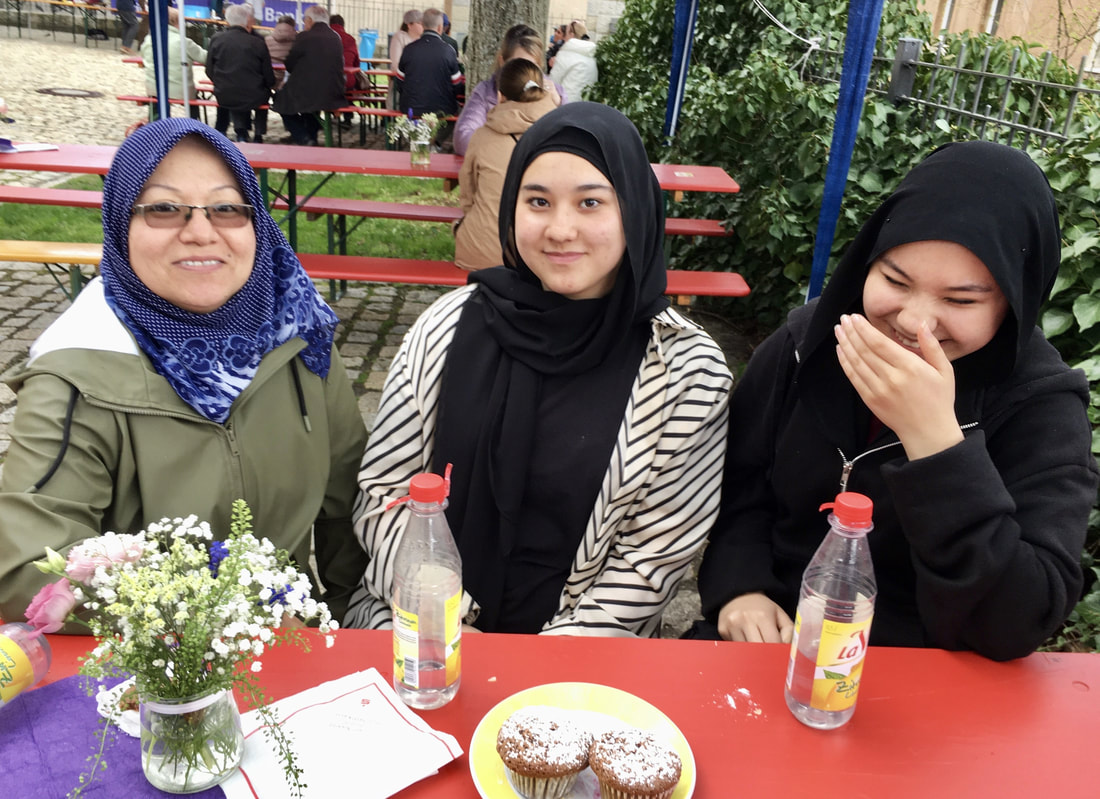
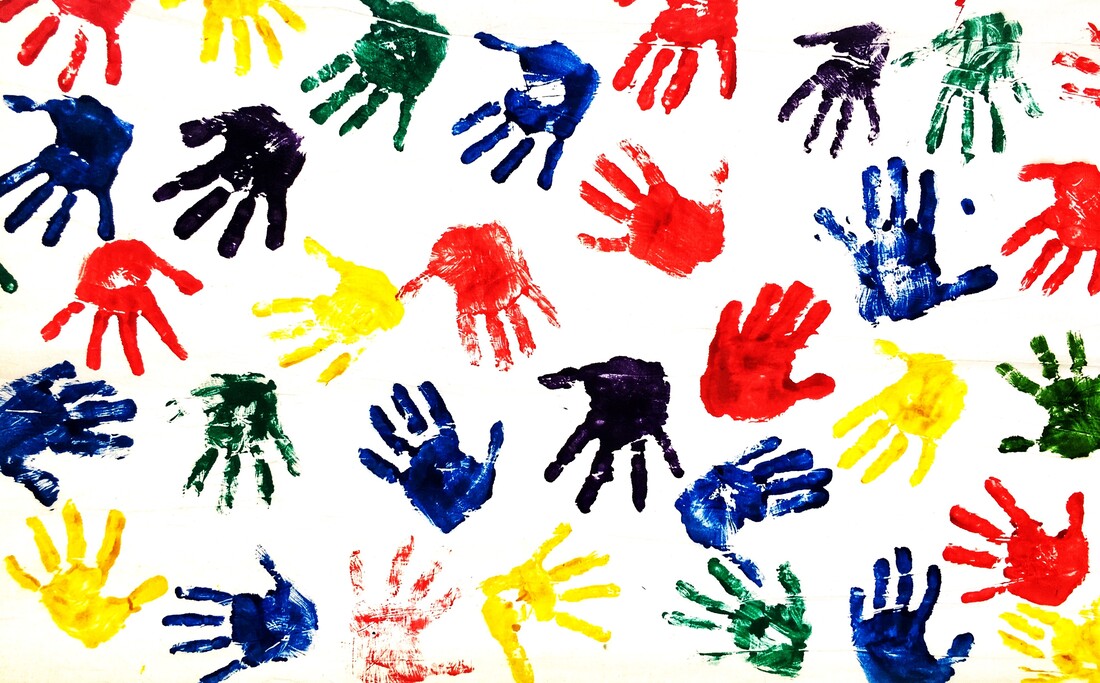
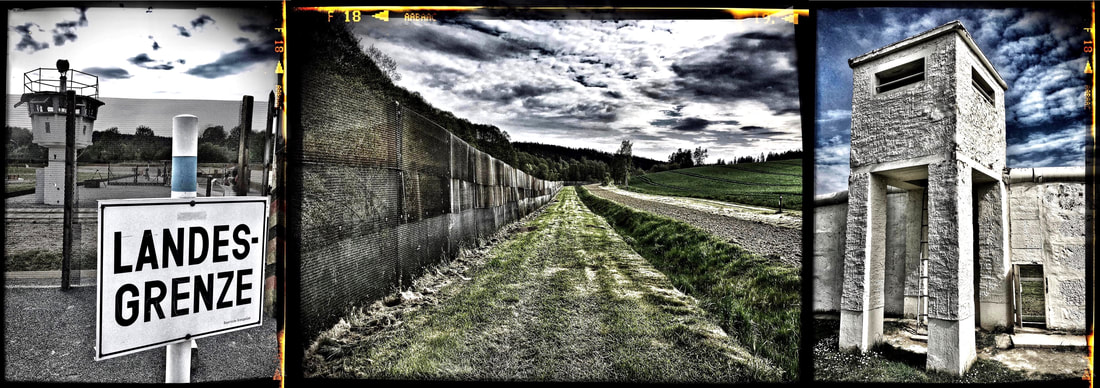
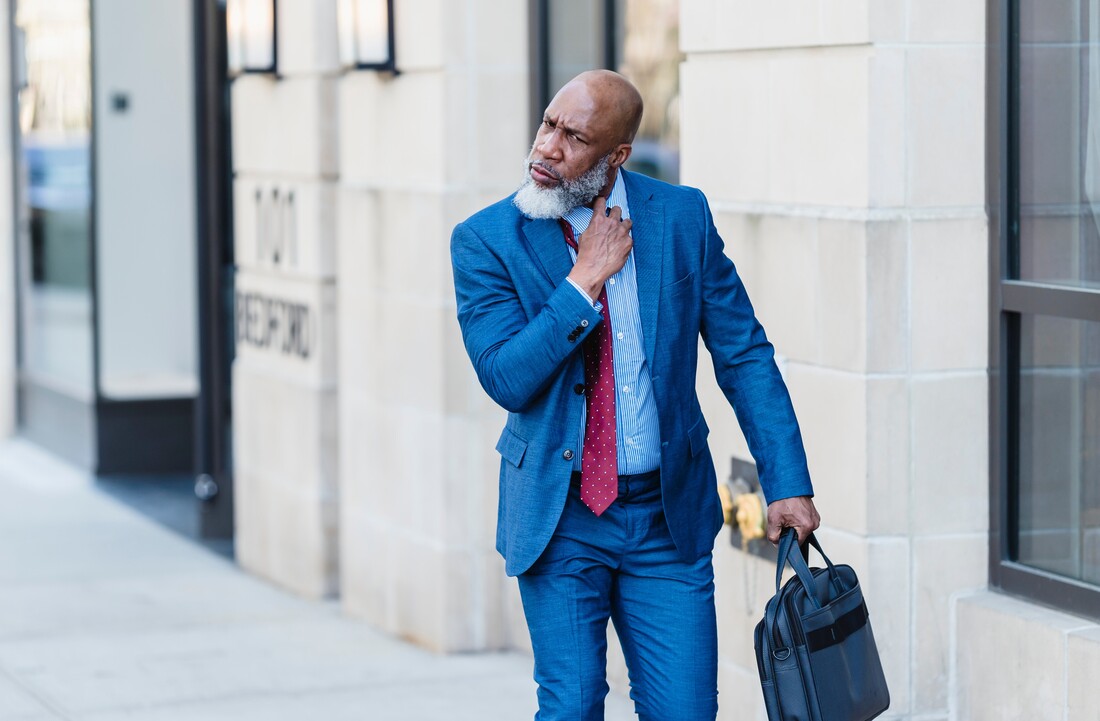
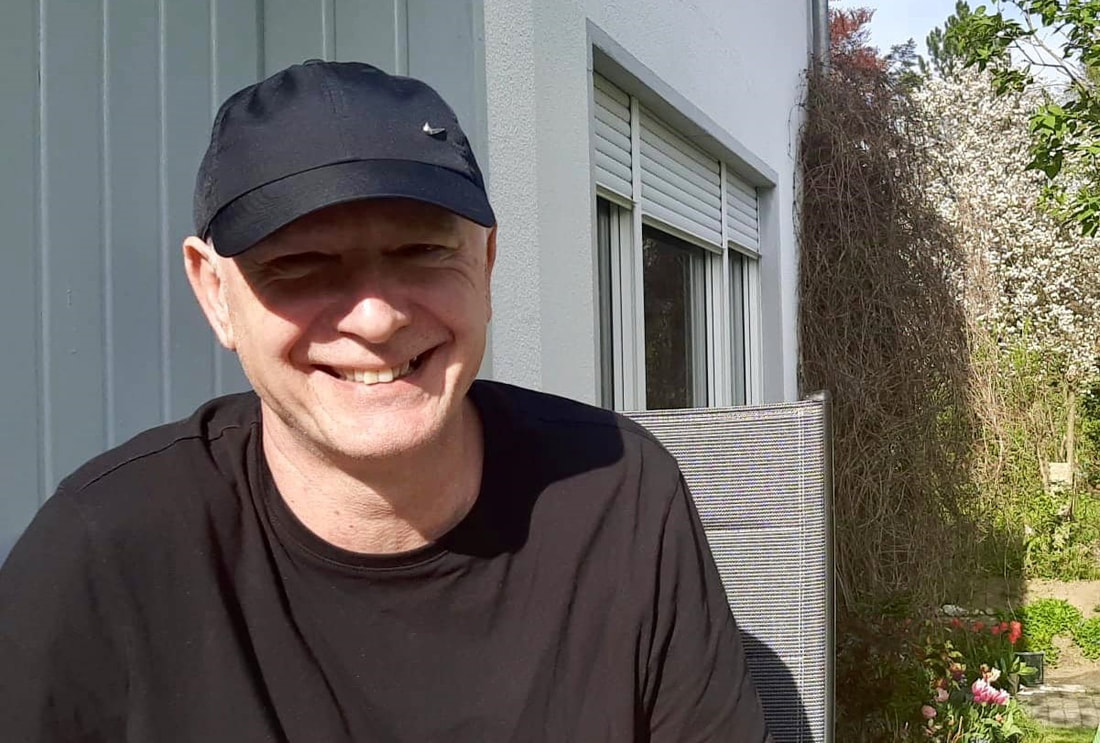


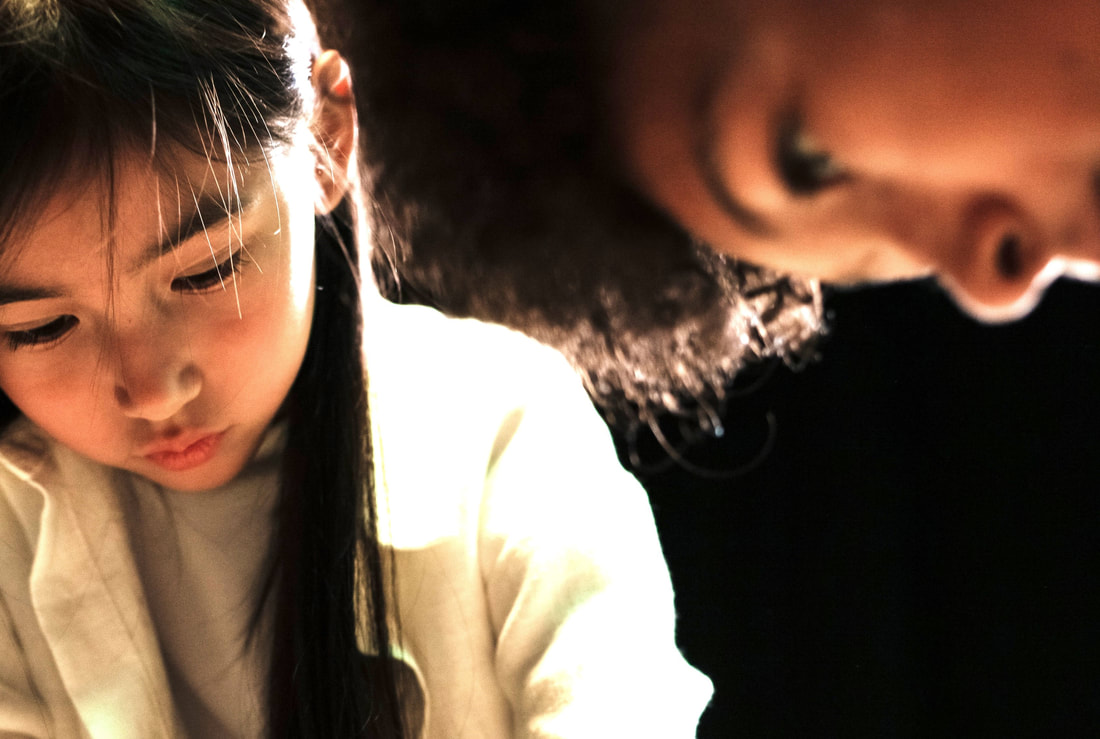

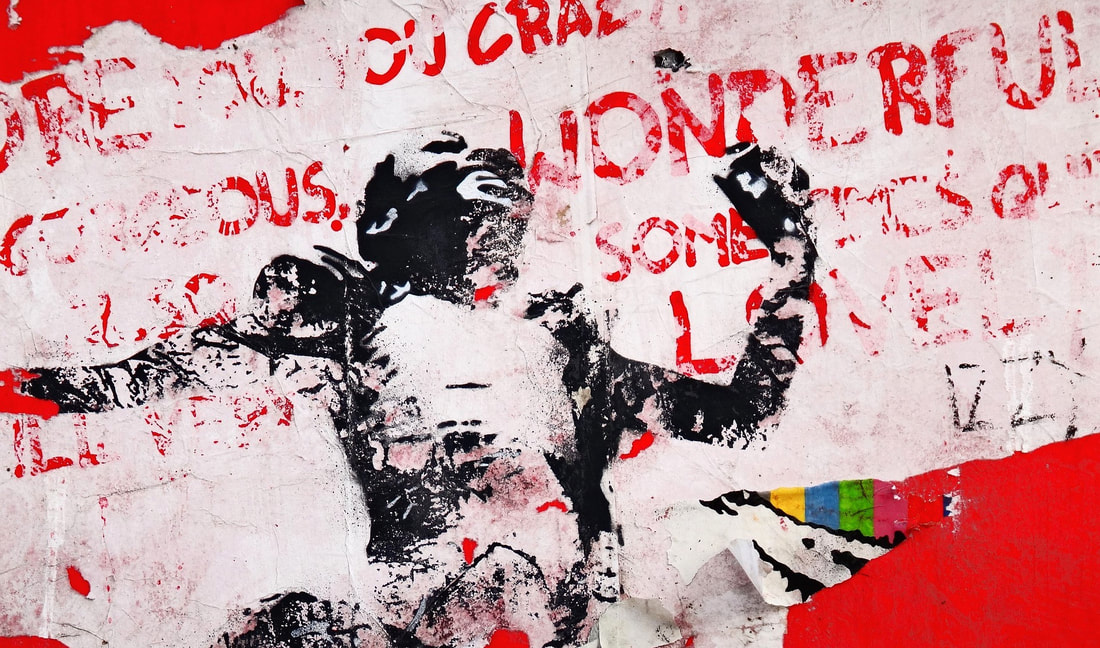



 RSS Feed
RSS Feed